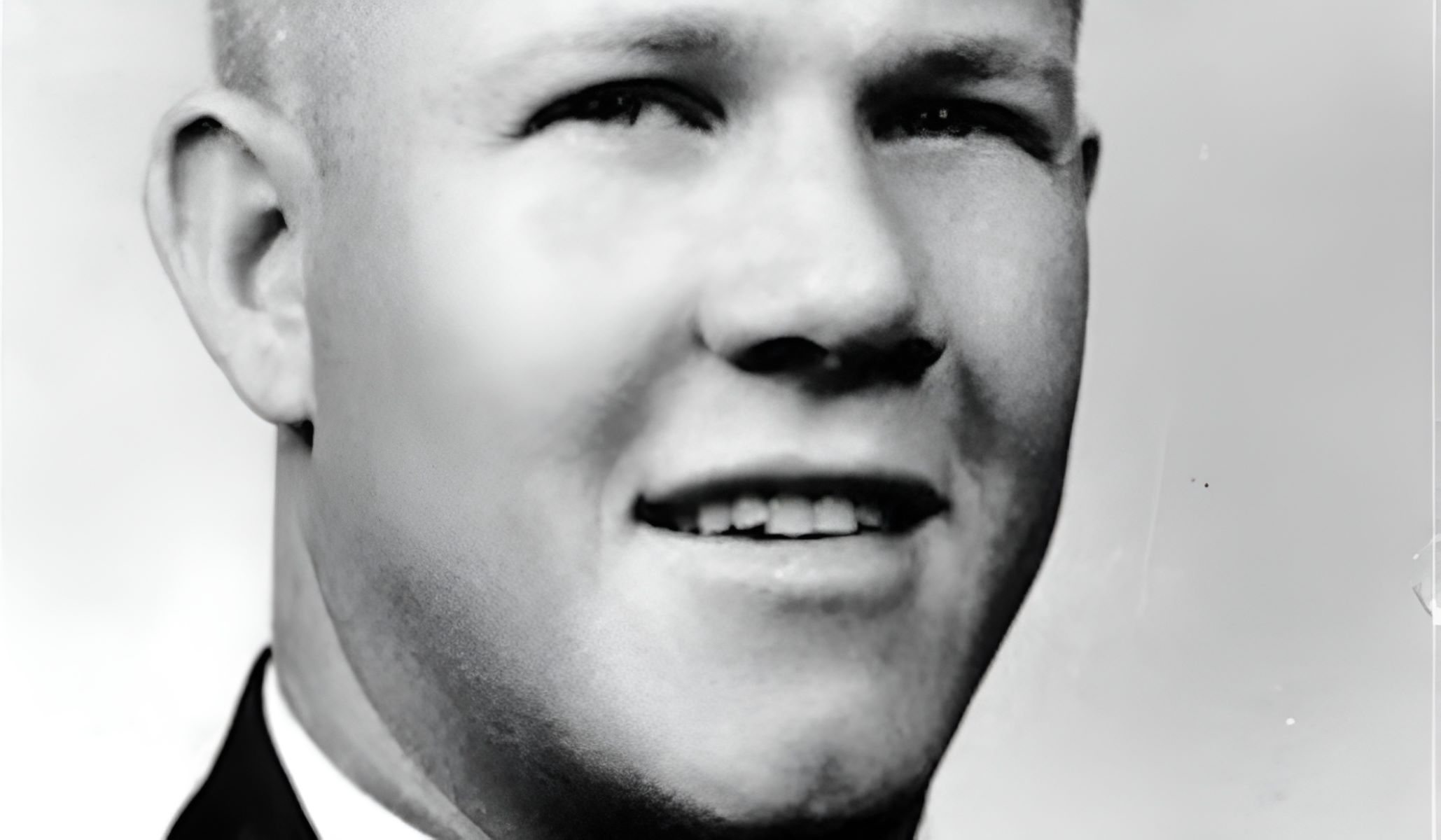
Corrie Ten Boom was a remarkable woman whose life story continues to inspire many. Born in the Netherlands, she became a beacon of hope during one of history's darkest times. Corrie and her family bravely hid Jews from the Nazis during World War II, risking their lives to save others. Her courage and faith were unwavering, even when she was imprisoned in a concentration camp. After the war, she traveled the world, sharing her story and spreading a message of forgiveness and reconciliation. Corrie Ten Boom's legacy is a testament to the power of faith, love, and resilience in the face of unimaginable adversity.
Key Takeaways:
- Corrie Ten Boom's unwavering faith and courage led her to save approximately 800 Jews and resistance members during World War II, inspiring countless people with her message of forgiveness and resilience.
- Despite facing imprisonment and health challenges, Corrie Ten Boom's legacy lives on through her writings and speeches, reminding us of the power of faith, courage, and forgiveness.
Early Life and Family
Corrie Ten Boom's story begins in the Netherlands, where she was born into a devout Christian family. Her early years were shaped by faith, family, and a strong sense of community.
- Corrie Ten Boom was born on April 15, 1892, in Haarlem, Netherlands.
- Her full name was Cornelia Arnolda Johanna Ten Boom.
- Corrie was the youngest of four children in her family.
- Her father, Casper Ten Boom, was a watchmaker.
- The Ten Boom family lived above their watch shop, which was a hub of activity and community.
The Watchmaker's Daughter
Growing up in a watchmaker's household, Corrie learned the trade and developed a keen eye for detail. This skill would later play a crucial role in her life.
- Corrie became the first licensed female watchmaker in the Netherlands in 1922.
- She worked alongside her father in the family watch shop.
- The watch shop was known for its precision and quality, attracting customers from all over Haarlem.
- Corrie also taught Sunday school and was active in her church community.
- The Ten Boom family was known for their generosity and hospitality, often helping those in need.
World War II and the Resistance
When World War II broke out, the Ten Boom family found themselves in the midst of a moral and ethical battle. Their faith and courage led them to become part of the Dutch resistance.
- The Ten Boom family were devout Christians who believed in helping others, regardless of their background.
- During the Nazi occupation of the Netherlands, the Ten Boom family hid Jews and resistance fighters in their home.
- They built a secret room, known as "The Hiding Place," to conceal those they were protecting.
- The secret room was located behind a false wall in Corrie's bedroom.
- The Ten Boom family saved approximately 800 Jews and resistance members.
Arrest and Imprisonment
The Ten Boom family's resistance activities eventually caught the attention of the Nazis, leading to their arrest and imprisonment.
- On February 28, 1944, the Ten Boom family was betrayed and arrested by the Gestapo.
- Corrie, her sister Betsie, and their father Casper were taken to Scheveningen prison.
- Casper Ten Boom died ten days after his arrest due to poor health.
- Corrie and Betsie were later transferred to Ravensbrück concentration camp in Germany.
- Despite the harsh conditions, Corrie and Betsie continued to share their faith and help fellow prisoners.
Faith and Forgiveness
Corrie's faith played a pivotal role in her survival and her ability to forgive those who wronged her. Her story of forgiveness has inspired countless people around the world.
- Betsie Ten Boom died in Ravensbrück on December 16, 1944.
- Corrie was released from Ravensbrück on December 28, 1944, due to a clerical error.
- After the war, Corrie returned to the Netherlands and opened a rehabilitation center for concentration camp survivors.
- She traveled the world, sharing her story and message of forgiveness.
- Corrie met and forgave one of the former Ravensbrück guards who had been particularly cruel to her sister.
Legacy and Impact
Corrie Ten Boom's legacy lives on through her writings, speeches, and the countless lives she touched with her message of faith and forgiveness.
- Corrie wrote several books, including her most famous work, "The Hiding Place," published in 1971.
- "The Hiding Place" was later adapted into a film in 1975.
- Corrie received numerous awards and honors for her humanitarian work.
- In 1967, she was recognized as one of the Righteous Among the Nations by Yad Vashem.
- Corrie continued to travel and speak until her health declined in the late 1970s.
Final Years and Death
Corrie Ten Boom's final years were marked by reflection and continued devotion to her faith. She remained a symbol of resilience and forgiveness until her passing.
- Corrie suffered a stroke in 1978, which left her partially paralyzed.
- Despite her health challenges, she continued to write and inspire others.
- Corrie Ten Boom passed away on her 91st birthday, April 15, 1983.
- She was buried in Fairhaven Memorial Park in Santa Ana, California.
- Corrie's life and legacy continue to be celebrated around the world, reminding us of the power of faith, courage, and forgiveness.
Reflecting on Corrie Ten Boom's Legacy
Corrie Ten Boom's life stands as a testament to resilience, faith, and compassion. Her courage during World War II, hiding Jews from the Nazis, showcases the power of standing up for what's right. Despite enduring the horrors of concentration camps, Corrie emerged with a message of forgiveness and hope. Her story, captured in her book "The Hiding Place," continues to inspire countless individuals worldwide.
Corrie's unwavering faith and dedication to helping others remind us of the impact one person can have. Her legacy encourages us to act with kindness and bravery, even in the face of adversity. By remembering Corrie Ten Boom, we honor not just her memory but the countless lives she touched and saved. Let's carry forward her spirit of love and courage in our own lives.
Frequently Asked Questions
Was this page helpful?
Our commitment to delivering trustworthy and engaging content is at the heart of what we do. Each fact on our site is contributed by real users like you, bringing a wealth of diverse insights and information. To ensure the highest standards of accuracy and reliability, our dedicated editors meticulously review each submission. This process guarantees that the facts we share are not only fascinating but also credible. Trust in our commitment to quality and authenticity as you explore and learn with us.


